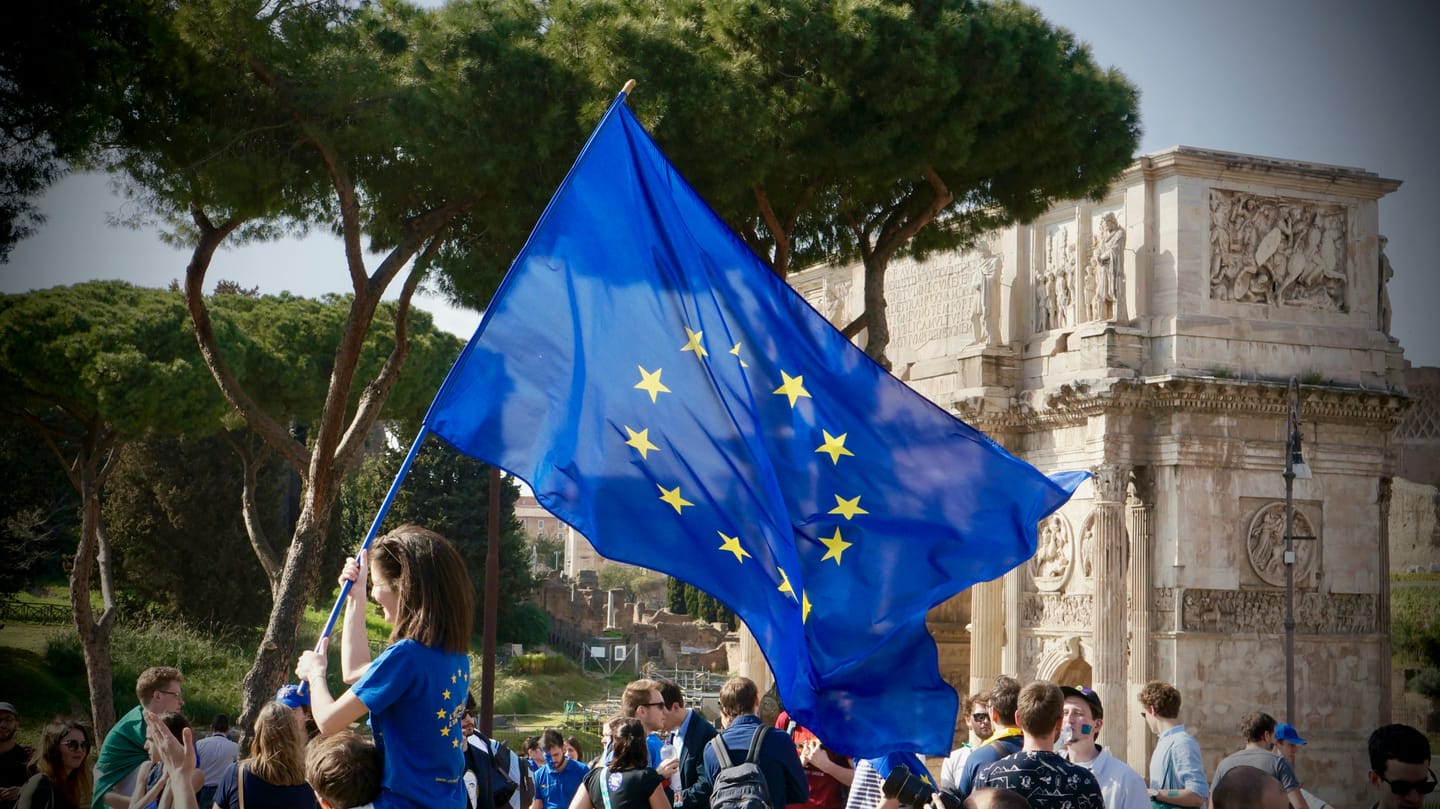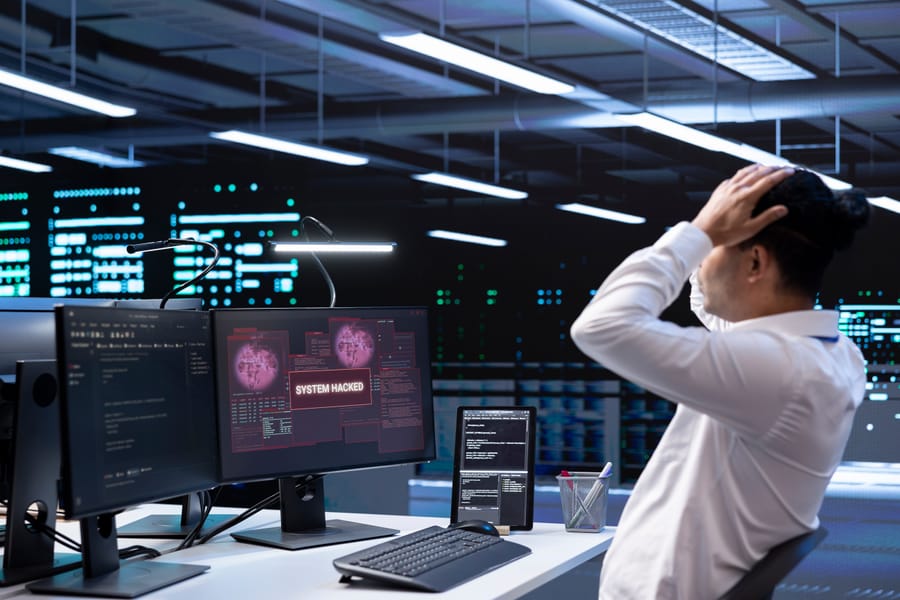The European Commission's Strategic Foresight Report, published on 9 September 2025, places the concept of Resilience 2.0 at its core, aiming to prepare Europe for rapid changes, with particular emphasis on AI-driven labour market shocks. The dramatic acceleration of technological development is well illustrated by European Commission President Ursula von der Leyen's observation that while AI approaching human reasoning was not taken into consideration during current budget planning, it is now included in next year's planning. While McKinsey projects that by 2030, up to 30% of work hours in the US economy could be automated, economists from ING Group warn that 50.2 million Europeans—32% of the workforce—face the risk of AI replacement in their current roles.
Initial signs of labour market transformation are already visible, while AI costs are declining sharply, potentially accelerating the spread of automation. In Germany, TikTok content moderators went on strike in July 2025 over AI replacing their jobs, and PwC research indicates that one in four CEOs plan to reduce their workforce by at least 5% in the coming year due to generative AI. Technology investment volumes are increasing significantly: Microsoft, Meta, Alphabet, and Amazon spent nearly $170 billion on AI in the first three quarters of 2024—56% more than during the same period in 2023. AI inference costs have dropped by 99% in just 1.5 years (from March 2023 to September 2024), compared to 37 years for a similar decrease in solar power costs.
The 2025 report identifies eight areas where Europe needs to strengthen its resilience, including harnessing the power of technology and research, and reimagining education. The EU must treat AI labour market impacts as a fundamental resilience challenge, requiring systematic stress tests across multiple policy domains. These tests should model scenarios where 50% of knowledge work becomes automatable within 3-5 years rather than the previously assumed 20-25 years. Commissioner Glenn Micallef who is responsible for the report, states that Resilience 2.0 represents a proactive, transformative, and anticipatory approach that prepares Europe for unfamiliar and potentially unimaginable future challenges.
Sources:













